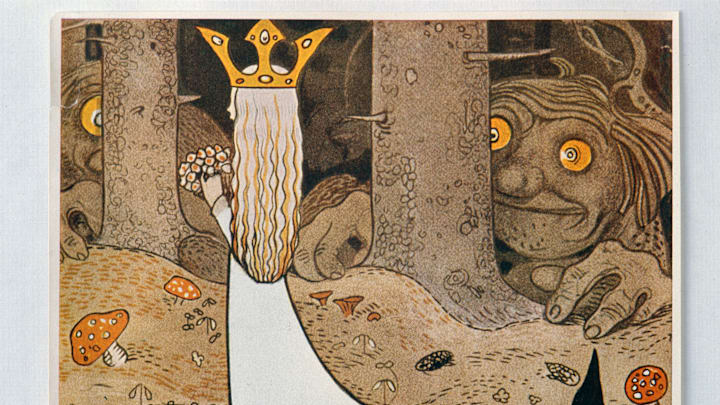The Influence of Fantasy Literature on Imagination

Fantasy literature has a profound influence on imagination, offering readers a gateway to magical worlds, mythical creatures, and epic adventures. This genre, characterized by its imaginative and fantastical elements, stimulates creativity, inspires wonder, and provides a rich and immersive reading experience.
One of the primary ways fantasy literature influences imagination is by creating expansive and detailed worlds. Fantasy authors often build intricate and immersive settings that transport readers to entirely new realms. These fictional worlds, with their unique landscapes, cultures, and histories, encourage readers to visualize and explore beyond the boundaries of reality. This imaginative engagement fosters creativity and allows readers to escape the limitations of the everyday world, experiencing the limitless possibilities of fantasy.
Fantasy literature also introduces readers to magical and supernatural elements that challenge conventional thinking. The presence of magic, mythical creatures, and extraordinary powers in fantasy stories invites readers to suspend disbelief and embrace the fantastical. This willingness to entertain the impossible and the extraordinary expands the reader's creative horizons and encourages innovative thinking. By exploring these imaginative concepts, readers can develop a more flexible and open-minded approach to problem-solving and creative expression.
Moreover, fantasy literature often features epic quests and heroic adventures that inspire a sense of wonder and excitement. The grand narratives of fantasy, with their themes of bravery, loyalty, and the triumph of good over evil, captivate readers and stimulate their imagination. The journey of the hero, the challenges they face, and the transformative experiences they undergo resonate with readers on a deep level, inspiring them to embark on their own imaginative journeys. These epic tales provide a source of inspiration and motivation, encouraging readers to dream big and pursue their own adventures.
Fantasy literature also fosters empathy and emotional engagement by creating relatable characters in extraordinary circumstances. Despite the fantastical settings, the emotions and experiences of fantasy characters often reflect universal human themes. Readers connect with the struggles, growth, and triumphs of these characters, enhancing their emotional intelligence and empathy. This emotional engagement deepens the reader's connection to the story and stimulates their imaginative empathy, allowing them to envision themselves in the characters' shoes.
Furthermore, fantasy literature encourages readers to explore complex themes and moral dilemmas. Many fantasy stories grapple with issues such as identity, power, justice, and the nature of good and evil. These themes, presented within the imaginative framework of fantasy, invite readers to reflect on their own beliefs and values. The allegorical nature of fantasy allows for the exploration of these themes in a way that is both accessible and thought-provoking, stimulating intellectual and imaginative growth.
Fantasy literature also provides a sense of escapism and mental relaxation. The immersive and enchanting worlds of fantasy offer a mental escape from the stresses and routines of daily life. Engaging with these stories allows readers to unwind and recharge, promoting mental well-being and reducing stress. The enjoyment and relaxation derived from reading fantasy literature contribute to a positive and imaginative mindset.
In addition to its impact on imagination, fantasy literature has influenced various creative fields, including film, art, and gaming. The vivid and imaginative worlds created by fantasy authors have inspired countless adaptations and creative projects, demonstrating the genre's far-reaching impact on popular culture. This cross-pollination of creativity further enriches the imaginative landscape and encourages continued exploration and innovation.
In conclusion, fantasy literature has a profound influence on imagination by creating expansive worlds, introducing magical elements, inspiring epic adventures, fostering empathy, exploring complex themes, providing escapism, and influencing creative fields. The genre's ability to transport readers to fantastical realms and stimulate creative thinking makes it a powerful tool for nurturing imagination. By engaging with fantasy literature, readers can experience the limitless possibilities of their imagination and enjoy a rich and immersive literary journey.